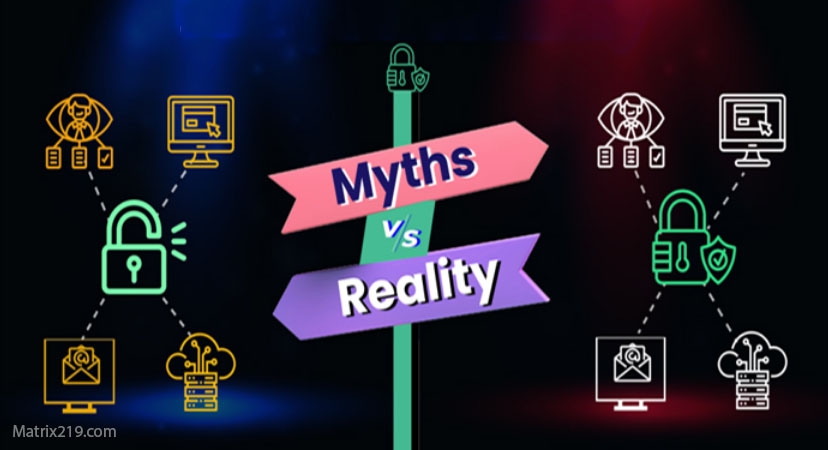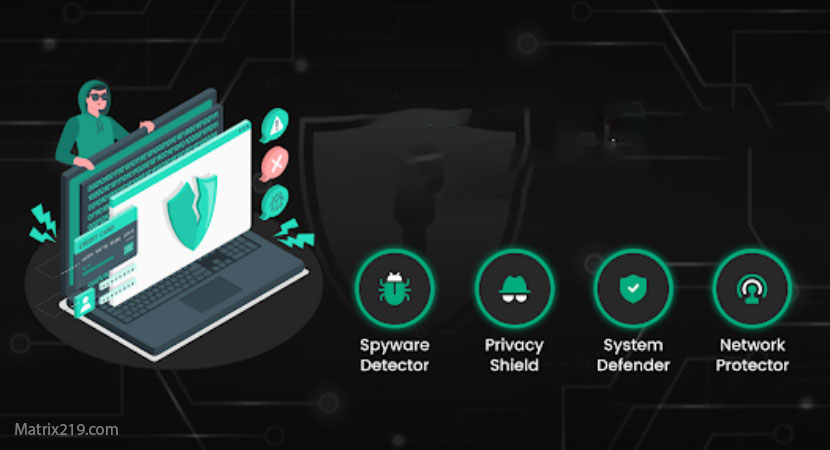With the growing dependence on the internet in everyday activities, protecting personal data has become more important than ever. In the absence of proper security measures, sensitive information can be exposed, stolen, or misused by malicious actors. Cybercriminals increasingly target personal data for financial gain, identity theft, and unauthorized access to online accounts. This article examines practical strategies and modern technologies that individuals can use to safeguard their personal information online and reduce the risks associated with today’s digital environment.
What Is Personal Data?
Personal data refers to any information that can be used to identify an individual, either directly or indirectly. This includes basic identifiers such as names, home addresses, phone numbers, and email addresses, as well as more sensitive details like financial information, login credentials, and health records. Because this data can be exploited for identity theft, fraud, or unauthorized surveillance, protecting personal data is essential for maintaining privacy, ensuring security, and preventing misuse by unauthorized parties.
Why Personal Data Protection Matters
Identity Theft Prevention: Protecting sensitive information from misuse.
Privacy Protection: Preventing unauthorized access to personal data.
Building Trust: Ensuring secure digital transactions and safeguarding reputation.
Common Threats to Personal Data Online
Phishing Attacks: Deceptive tactics to trick users into revealing sensitive information.
Malware & Ransomware: Malicious software that compromises personal data.
Cyber Attacks: Targeted breaches to steal personal information from databases.
Effective Techniques for Online Data Protection
Data Encryption: Securing information during storage and transmission.
Using Virtual Private Networks (VPNs): Ensuring secure and private internet connections.
Two-Factor Authentication (2FA): Adding an extra layer of security to accounts.
Best Practices for Personal Data Security
Use Strong & Unique Passwords: Preventing unauthorized access.
Keep Software Updated: Patching security vulnerabilities regularly.
Stay Educated on Cyber Threats: Recognizing and avoiding potential risks.
Monitor Online Activity: Identifying suspicious activity on personal accounts.
Conclusion
Protecting personal data online is a core element of effective cybersecurity and a shared responsibility in today’s digital landscape. By adopting proven best practices—such as strong authentication, regular updates, and cautious online behavior—and leveraging advanced security measures, individuals can significantly reduce their exposure to cyber threats. Because digital risks continuously evolve, security must be treated as an ongoing process rather than a one-time action. Remaining vigilant, informed, and proactive is essential to maintaining privacy and ensuring a safer, more secure online experience.
📌 Source: Online Personal Data Protection Guide





